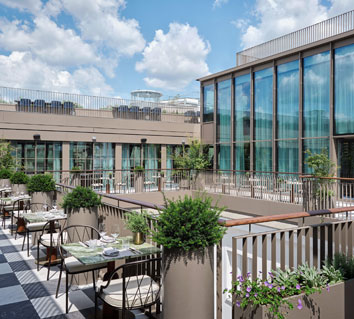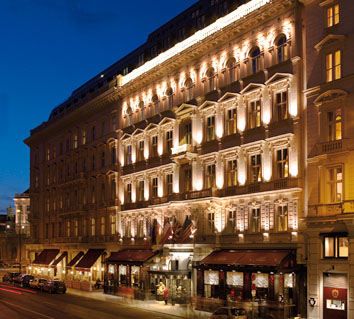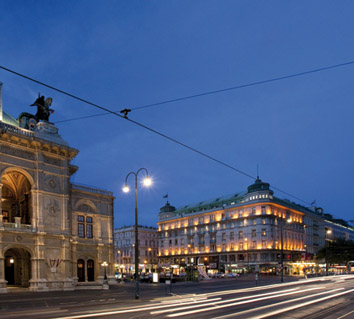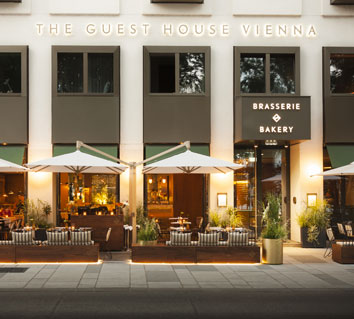
Ideally located on Petersplatz, one of the most famous squares in the old town, the Rosewood Vienna ***** is a luxurious and elegant intimate hotel.
Its spacious and contemporary rooms, its SPA, its Brasserie Neue Hoheit and its rooftop bar with breathtaking views of the imperial city will make your stay unique and memorable…
More informations and photos…




